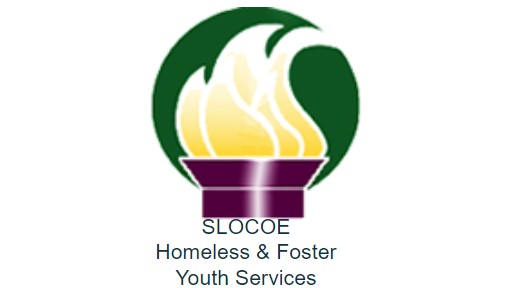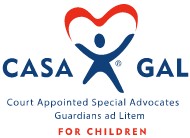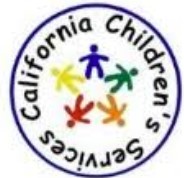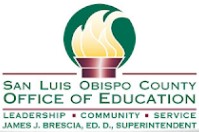Alternative Dispute Resolution (ADR)
ADR is an informal method of settling disagreements that may arise during an IEP meeting. ADR uses specific options of this process to open communication, promote understanding, and reach agreements that support and strengthen relationships. ADR is designed to meet the interests of the parties involved that result in a mutually agreeable outcome, rather than a decision solely made by a third party, hearing officer, or judge.
The The Center for Appropriate Dispute Resolution in Special Education (CADRE) offers many helpful resources, parent guides and videos.
- ADR Brochure (English) | (Spanish)
- ADR Request Form
- SLO County ADR Manual for Parents (English) | (Spanish)
SELPA’s Role In Disputes
The San Luis Obispo SELPA, through a grant from the California Department of Education (CDE), has been charged with providing Alternative Dispute Resolution activities for parents and schools within this county.
In addition to the structured processes of Intake, Conferencing, FIEPs and Resolution sessions, the SELPA provides other services, such as:
Information. The SELPA is available to discuss special education related issues on a confidential basis and provide information to parents relevant to their concerns or issues.
Compliance Assistance. The SELPA staff offers conflict resolution related to special education compliance and placement issues for LEAs and other agencies. Student specific disputes between parents and districts can often be resolved by providing suggestions and options to avoid state mediations, due process hearings, and/or compliance complaints. The SELPA staff work with parents to explore issues and find solutions. Upon request, SELPA provides technical assistance to districts for compliance.
What is the Difference Between Local ADR and a State Due Process Hearing?
A Dispute Resolution session is a voluntary, confidential, informal meeting at which the parties and an experienced, impartial mediator attempt to resolve the dispute in a cooperative, non- adversarial atmosphere. The mediator facilitates communication between the parties. The participation of the mediator makes it more likely that the parties will reach a mutually satisfactory resolution.
Due Process refers to the legal procedures that can be raised when there is a concern that certain principles or practices have not been followed for children with special education services. Due Process ensures that specific procedures and timelines are followed and is guaranteed by federal law.
Local ADR Components
Alternative Dispute Resolution (ADR) involves providing alternative means of solving problems that arise between families and schools. The ADR program involves a range of tools like training parents and educators in effective communication and negotiation skills or conducting local informal resolution. The intent of this program is to maintain positive relationships between the student’s family and the school. Alternative Dispute Resolution (ADR) allows the parties in conflict to control and shape their own agreement. Collaborative working relationships between parents and district personnel is not only maintained, but often improved.
Partnerships
Quick Links
- California Department of Education- Special Education Division
- Central Coast Assistive Technology Center
- Central Coast Autism Spectrum Center








